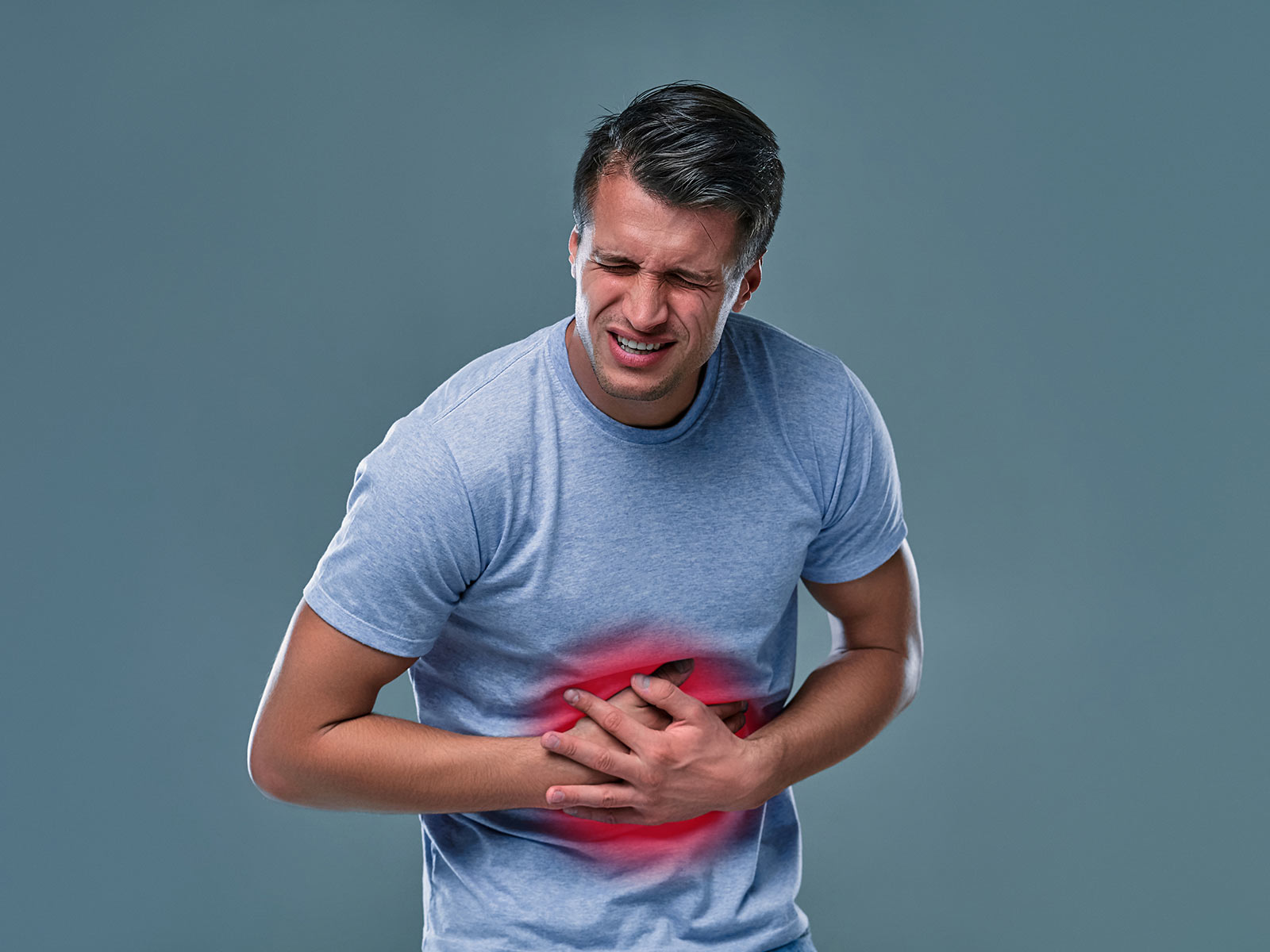
A duodenal polyp is a small bump on the inner lining of your duodenum, the first portion of the small intestine. Most are benign and discovered incidentally during an upper endoscopy, but some can develop precancerous changes if not removed.
Many duodenal polyps are asymptomatic. When symptoms do occur, you may notice:
The exact trigger for duodenal polyps isn't always known, but risk factors include:
At GastroDoxs in Houston, your well-being is our top priority. Our board-certified GI specialists offer advanced endoscopic removal, in-house pathology and lab services, and personalized follow-up plans-all under one roof. We streamline insurance and billing using the correct ICD-10 code (K31.7) so you can focus on healing. Don't wait to address duodenal polyps: book your appointment today and take the first step toward lasting digestive health.
We've successfully treated more than 1K patients, helping individuals improve their digestive health and overall well-being through expert, personalized care.
With over 20 years of experience, GastroDoxs has been a trusted provider of gastroenterology care, focusing on delivering the best outcomes for patients
The ICD-10 code for a benign duodenal polyp is K31.7. This code is used for insurance billing and medical documentation.
Duodenal polyps are most often found during an upper endoscopy. If a polyp is seen, a small tissue sample (biopsy) may be taken to check for abnormal or precancerous cells.
While most duodenal polyps are benign, some can develop precancerous changes if left in place. That's why we recommend removal and periodic monitoring.
Recovery is usually quick. You may experience mild bloating or a sore throat, and you'll typically return to a normal diet within a day or two. A follow-up visit is scheduled in 2-4 weeks.
Medications are only needed if there's significant inflammation. In such cases, your doctor may prescribe acid-reducing drugs to promote healing.
Follow-up intervals depend on the number and type of polyps removed. Generally, repeat endoscopy is recommended every 3 to 5 years to watch for new growths.
Risk factors include a family history of polyps or polyposis syndromes, chronic gut inflammation, use of NSAIDs, certain genetic conditions (e.g., FAP), and age over 50.
A diet high in fiber and low in processed foods may reduce the risk of polyp development. Staying hydrated and eating plenty of fruits and vegetables is also recommended.
No. Endoscopic polyp removal is performed under sedation, so most patients feel no pain during the procedure and only mild discomfort afterward.
At GastroDoxs in Houston, our GI specialists offer in-house endoscopy and lab services, personalized care, and fast appointments to diagnose and treat duodenal polyps.